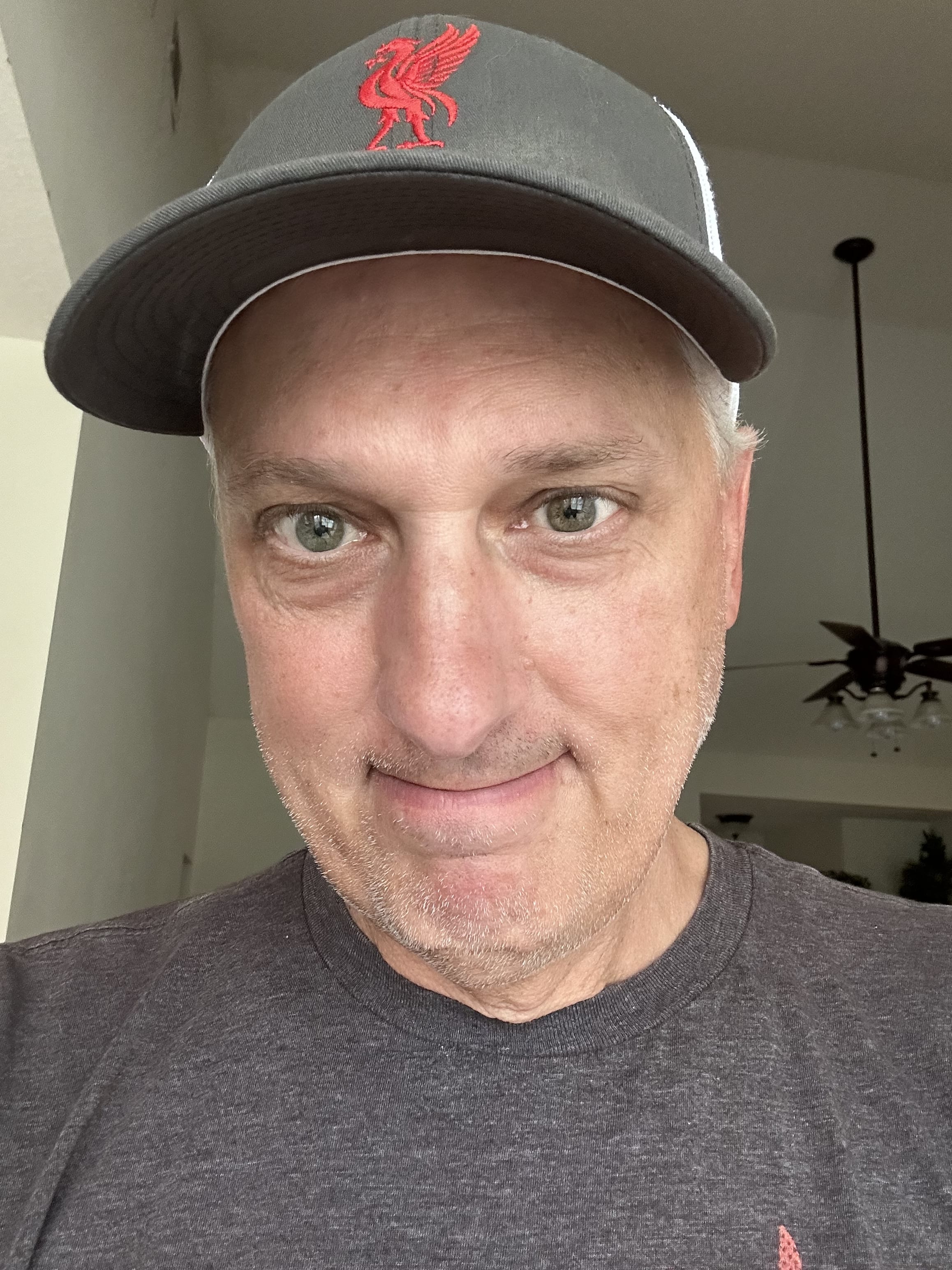AUBURN | It’s still hard, excruciatingly hard, to accept that we won’t have any sports — college or professional — for at least another few weeks and probably much longer.
I certainly hope I’m wrong, but my expectation is that Auburn won’t be participating in any competitions until this fall, especially with the Centers for Disease Control recommending Sunday night that all events of 50 or more people be canceled for the next eight weeks. That’s puts us into the second week of May.
A sportswriter with no sports to write about, that’s not ideal, but my inconvenience doesn’t compare with what happened to student-athletes from across the country in just a matter of hours last Thursday. To go through a full regular season and get to the best part only to have it all canceled is devastating.
Whether you’re a diehard fan that watches multiple sports everyday or not a fan at all, sports has been a constant in our lives for many decades. Even if you’re not actively watching, it’s been playing in most every bar and casual restaurant you’ve attended. Nineteen of the 20 most-watched T.V. shows in U.S. history are Super Bowls. The lone exception is the M*A*S*H finale in 1983. Worldwide, the Olympics and Soccer World Cup hold the top 21 spots with the 1978 broadcast of the Ali vs. Frazier boxing match 22nd. You probably grew up playing some kind of youth sport and then watched your children do the same.
We’ll just have to learn to live without it for the next month, two months or perhaps much longer.
But not without good reason.
I don’t know where this global coronavirus pandemic is heading or what its aftermath will be, but I know we’ve all got to pitch in now for each other. That same esprit de corps we feel for sports and our teams needs to be applied to our neighbors and our communities.
Sports, schools and businesses are being shutdown to slow the spread of covid-19, to flatten that exponential curve and keep our hospitals and medical infrastructure from being overwhelmed at the same time. Do your part. Early studies have shown approximately 20 percent of carriers can be asymptomatic. Even if you’re a healthy young adult, you could still pass this virus on to a much higher-risk group like an immunosuppressed person or a family member 60 years old or older.
We all miss sports, but sports will return. Let’s make sure we do everything in our power to bring back as many of us as possible to enjoy it.
***
In today’s musical journey we go back 42 years and the beginnings of one of the best-selling and most award-winning bands of all time. On March 17, 1978, U2 won a talent contest held in Dublin, which consisted of a £500 prize and studio time to record a demo that would be heard by CBS Ireland. The recording session didn’t go well due to the band’s nervousness but there would be plenty more successes to come for the group that formed in 1976 at Mount Temple Comprehensive School when 14-year-old Larry Mullen Jr., posted a note on his school’s notice board in search of musicians for a new band. Six people responded and met at his house on Sept. 28, 1976 including Paul Hewson (Bono), David Evans (the Edge) and Adam Clayton, which would eventually form the four-person band that won the talent contest.
U2 started playing concerts across Ireland in the late 70s and released their first album, Boy, in October of 1980, which contained their first hit single, I Will Follow. Their third album, War, which included hit singles New Year’s Day and Sunday Bloody Sunday, was released in 1983, and their fourth album, The Unforgettable Fire, which included Pride (In the Name of Love), was released in 1984. U2 hit it really big with the release of The Joshua Tree in 1987, which included hit singles With or Without You, I Still Haven’t Found What I’m Looking For and Where the Streets Have No Name. The album won two Grammy Awards, is the fastest-selling album in British chart history and has now sold over 25 million copies. Achtung Baby in 1991 and All That You Can’t Leave Behind in 2000, U2 continued to produce critically acclaimed and top-selling albums. Achtung Baby included the hit single One while Behind included the hit single Beautiful Day. In all, U2 has released 14 studio albums, have sold 150-170 million records, won 22 Grammy Awards and were inducted into the Rock and Roll Hall of Fame in 2006. Rolling Stone ranks U2 No. 22 on its list of all-time greatest bands.
Many of U2’s songs have social justice, human rights and political themes. New Year’s Day was written about the Polish solidarity movement, Pride about Martin Luther King Jr., and One about the band’s near breakup and German reunification. With or Without You was inspired by Bono’s conflicting feelings about being a musician and family man while Where the Streets Have No Name is about being able to identify a person’s religion and income based on their address, particularly in Belfast. Sunday Bloody Sunday, featured below, was inspired by the 1972 shootings by British soldiers of 26 unarmed civilians, 14 of which died, that were marching for civil rights in Northern Ireland. It is considered one of the best political protest songs of all time.
***This will be the final Monday musings for a while now. Let’s be careful out there.
